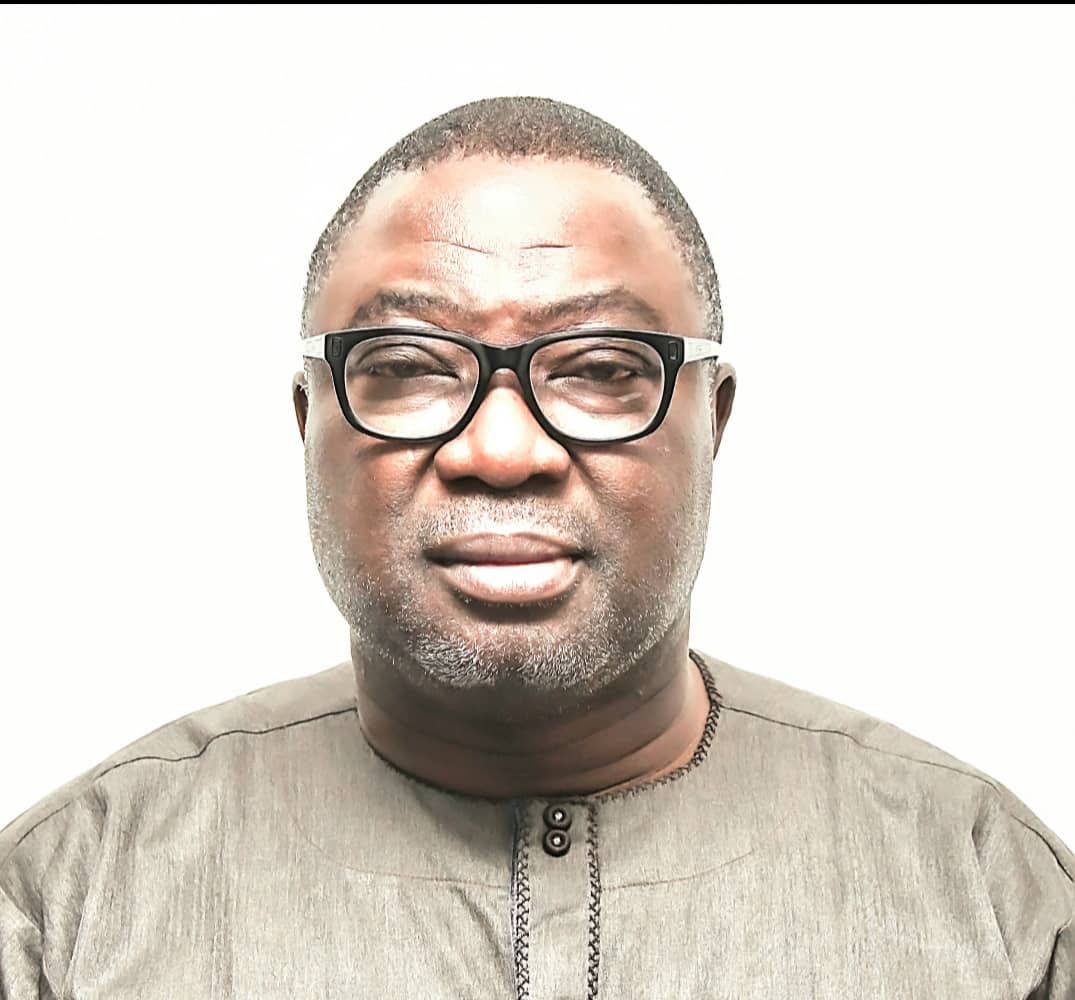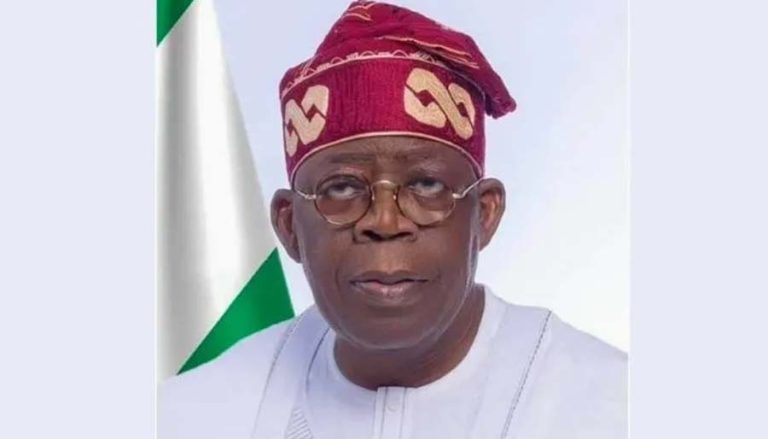Opinions
Non-Aligned Movement and Nigeria’s quest for equal access to capital

By Tunde Rahman
Is the Non-Aligned Movement still around? Is the organisation still in existence? That was the weighty question Professor Ikechukwu Okoro, a visually impaired Nigerian and Iowa State University don, slammed on me the moment I informed him of my mission in Kampala, Uganda.
Professor Okoro and I had met on our way to Addis-Ababa, me en route Kampala and he, Atlanta, in the United States. It wasn’t as if the issue he raised had not previously crossed my mind, but I did not bother much about it since I was headed for the NAM conference anyway until I encountered the sharp and witty Professor Okoro. He then got me thinking about the question of importance and relevance of the Non-Aligned Movement in today’s global power structure and politics. Indeed, only an unwary observer or naive student of global politics would have missed the seeming emptiness about NAM.
Established in 1961, the group of countries in NAM had espoused non-alignment with either the Eastern bloc or Western bloc, opting for a middle ground and avoiding being part of the cold war. It was during the cold war era. The objectives of NAM then were cooperation, neutrality and self-determination. The cold war was an ideological conflict between the Western and Eastern blocs, which began shortly after the end of World War II in 1945. It was a conflict over which political-economic system, West’s Capitalist system or Communism of the Eastern bloc- was supreme and more beneficial to countries around the world. However, the fall of the Soviet Union in 1991 marked the end of the cold war. With the end of the cold war, where is the relevance of the Non-Aligned Movement? Where is the place of NAM, one may ask, echoing Prof. Okoro.
The answer soon emerged as the 19th summit of Heads of State and Governments of the Non-Aligned Movement officially opened on January 19, 2024 when the leaders began delivering their national statements.
NAM offers the biggest gathering of countries, second only to the United Nations. Currently, 120 nations are members of the Non-Aligned Movement with another 18 nations as observers. Most African and Asian countries belong to NAM with others from Americas and Caribbean, Pacific and even Europe.
This organisation with such a strong and extensive membership is a veritable platform to be used to galvanize support for any issue or crusade, against the backdrop of the diverse challenges facing the world, including health pandemics, threats to international peace and security, climate change, terrorism and cyberspace attacks, conflict and wars like those between Russia and Ukraine and the on going wanton killings in Palestine by Israel over Gaza. It is a platform to be engaged for its capacity to galvanise concerted action on major global issues. Such is the significance of NAM that apart from the many heads of state and governments that attended this year’s summit, it had in attendance among other global dignitaries, United Nations Secretary-General, Antonio Guterres and President of UN General Assembly, Dennis Francis.
Two summits actually held in Kampala about within same week. NAM summit ended on January 20 while the Third South Summit of the Group of 77 and China was convened from January 21 to 22. It’s a case of two conferences, similar agenda, and one venue – Speke Resort & Convention Center, Munyonyo, Uganda, some 15 minutes drive from capital Kampala. Nigeria’s President Bola Tinubu was represented at the two summits by the Minister of Budget and Economic Planning, Senator Abubakar Atiku Bagudu. With Vice President Kashim Shettima in Davos, Switzerland attending the World Economic Summit, Senator Bagudu was tapped to lead the Federal Government delegation. In the delegation, among others, were Dr. Lanre Adekanye, a director in the Ministry of Budget and Economic Planning, and this writer. Minister Bagudu is profound, focused and committed to Nigeria’s economic development. He is very strong on issues of global finance and financing mechanisms. This deep understanding of the pressing global economic issues and dynamics of world finance and politics was evident enough in the way and manner he canvassed Nigeria’s position at the two summits, no wonder his presentation at NAM summit was greeted by a thunderous applause.
The highpoint of Nigeria’s presentation at NAM summit is the demand for equitable access to capital for developing countries. President Tinubu said such would provide the much-needed resources for development, adding, however, that the developing world was not seeking sympathy or begging for aid, but fair and equal opportunity.
Quoting President Tinubu, Senator Bagudu said: “The population of the 120 countries that make up the Non-Aligned Movement is 4.63 billion, which is more than half of the world’s population, yet the total financial resources available to all the countries is much less than that of some countries.
The total budgetary resources for the 120 countries are about $3.4 trillion, which is less than the budget of the United States, and aggregate public debt of $6.6 trillion.”
These startling statistics, according to him, are a clear indication that the Non-Aligned countries suffer from a lack of access to capital and resources for development. “More often than not, public debt available to developing countries is far more expensive and not substantial enough to make an impact.”
In consonance with the theme of the summit, which is “Deepening Cooperation for Shared Global Affluence,” the Nigerian leader called for greater collaboration among member-states of NAM to be able to address the multidimensional challenges facing them including inequality in access to capital.
The theme of the summit, bore relevance with respect to the current trend of wars, proliferation of small arms and light weapons, threat of use of nuclear weapons and the dangerous polarization between developed countries similar to the era of cold war, President Tinubu pointed out.
“In this regard, we must recommit to the foundational principles of Non-Aligned Movement to better assure of global peace and security,” the minister stated on behalf of the Nigerian leader.
In the speech, President Tinubu also lent Nigeria’s voice to NAM’s Member States’ common position, condemning the present wanton destruction of lives and properties in the State of Palestine, which has assumed a critical dimension.
“Nigeria supports and reiterates call for an immediate durable and sustained humanitarian truce in that region. Many lives, including women and children, have been lost since the commencement of the crisis between the States of Israel of Palestine with so many displaced.
“The daily increase of displaced persons and shortage of humanitarian supplies due to impeded access have greatly impacted on the people, exacerbated the humanitarian catastrophe in the region and increased civilian casualties,” he added.
He urged the parties in the conflict to uphold the fundamental values of international humanitarian law, which places premium on ensuring civilians’ safety and wellbeing.
At the Third South Summit of G77 and China, President Tinubu also put the same vital issue of capital on the front burner, advocating a review of global tax system, saying redressing the imbalance in the international tax regime had become imperative.
“The current international tax systems, largely shaped by the interests of more affluent nations, often leave developing countries at a disadvantage, especially in taxing digital economies. This systemic imbalance has led to significant revenue losses, hampering our efforts towards sustainable development and economic self-reliance,” the Minister of Budget posited, quoting the President.
On the sidelines of the two summits, Senator Bagudu had bilateral talks with leaders of delegation of several countries including those of Singapore and Venezuela during which they canvassed issues of mutual interests and the need to scale up relations between these countries and Nigeria.
In all the interactions, Minister Bagudu made a strong case for the countries to come and invest in the country, saying Nigeria is open and ready for business given the business-friendly policies and actions of President Tinubu.
Nigeria employed the NAM global stage to ventilate and garner global support for the matter of equal access to capital, which is dear to President Tinubu’s heart. Indeed, for the Nigerian President, the battle to secure equitable finance for the developing world, the Global South, is gradually emerging a major crusade, a global project if you like. It’s something akin to the struggle for reparations for Africa embarked upon then by the late business mogul and winner of the annulled June 12 presidential election in Nigeria, Chief MKO Abiola. Is the struggle for equitable access to capital for all nations a valuable and laudable project? Yes, I think so!
-Rahman is a Senior Presidential Aide


